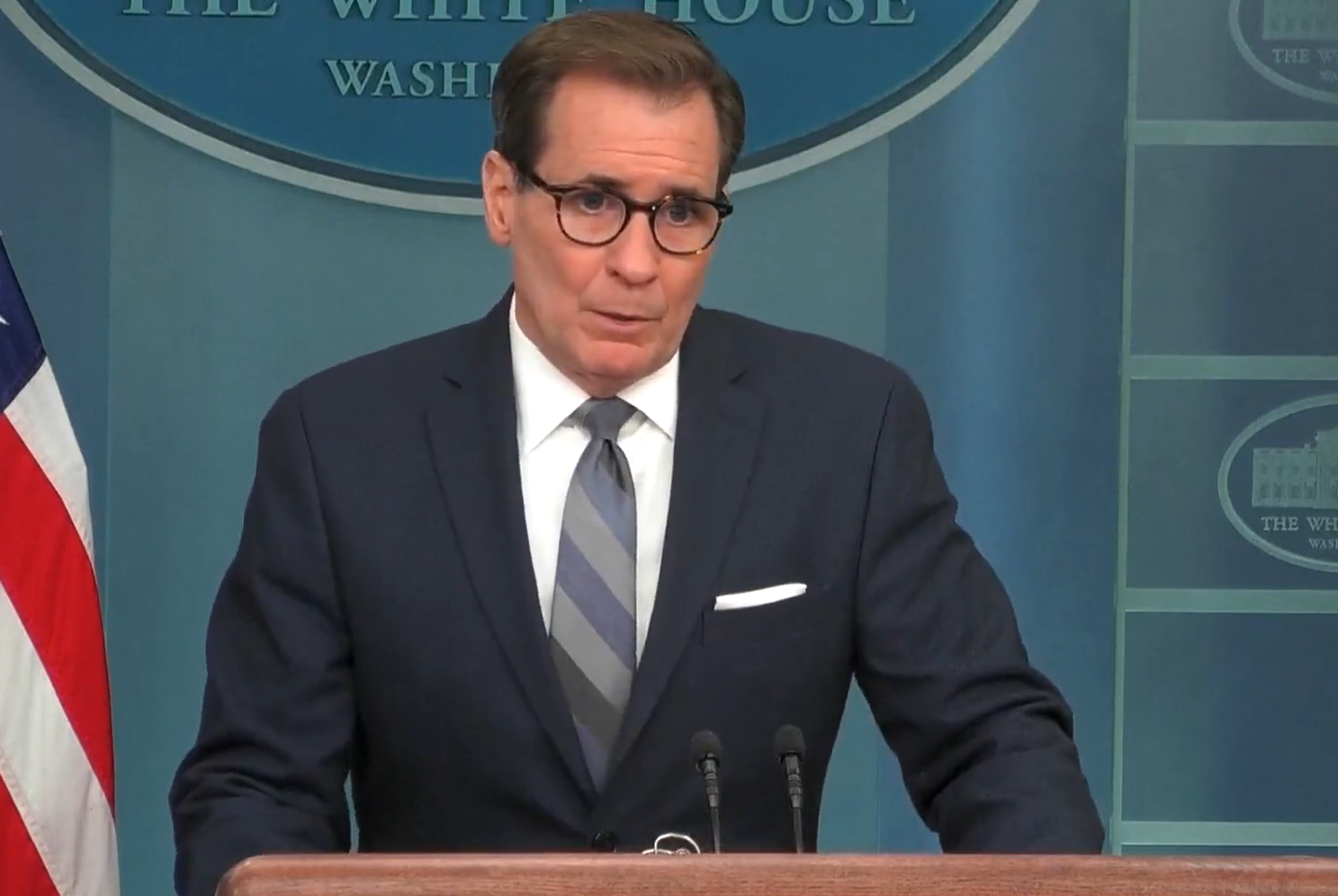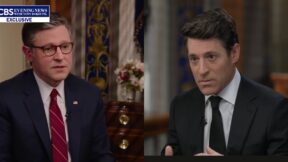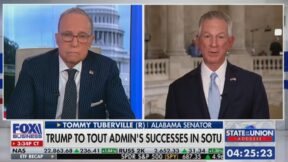John Kirby Has No Business Telling the Press What Its Business Is

National Security Council spokesman John Kirby was upset on Monday.
Understandably so. The New York Times reported over the weekend on leaked documents from U.S. intelligence agencies that appeared on the internet, providing estimates of both Ukrainian and Russian prospects as both sides prepare for a spring counteroffensive. Those kinds of leaks present risks to U.S. interests and personnel.
As the Times itself noted, the leak is damaging because it “lays out to Russia just how deep American intelligence operatives have managed to get into the Russian military apparatus.” The intelligence community’s prediction that the Ukrainians would suffer considerable casualties while making only “modest territorial gains,” meanwhile, could be exploited by the Russians for propaganda purposes. Kirby confirmed during the briefing that the administration believed that some of the leaked documents had been altered, likely to serve such purposes.
“We urge all of you to be very careful about — about how you report on this story since we know, at least in some cases, that information was — was doctored,” warned Kirby.
That’s a reasonable concern, but he went on to issue an inappropriate admonition later in the briefing, assuming the role of a scolding editor for a moment from behind the White House press podium:
Again, without confirming the validity of the documents: This is information that has no business in the public domain. It has no business, if you don’t mind me saying, on the pages of, on the front pages of newspapers or online television. It is not intended for public consumption and it should not be out there.
Yet Kirby’s direction of his frustration at the press was misplaced. As a matter of both principle and practice, there was no good reason for Kirby to scold any outlet for their coverage of the leaks.
Granting Kirby’s argument that the information never should have been made public, he must now recognize that priorities change once sensitive information has already leaked and fallen into enemy hands, as it has in this case.
The American people have a legitimate interest in knowing what has been leaked and in what ways that could compromise U.S. efforts in a conflict in which over $100 billion of taxpayer dollars have been spent, and it’s difficult to see how the publishing of this information in the domestic press could compound the damage already done.
The American people also have a legitimate interest in understanding what the realistic prospects for the Ukrainians are moving forward.
It is a mistake to treat any expression of skepticism about what Ukrainian forces can do in the short term as a threat to Americans’ continued support for them. Honesty about what can be accomplished and when in Ukraine — even if total victory is not immediately within reach — will not erode U.S. resolve to provide aid. The public is more than willing to invest in Ukrainian sovereignty, especially if it weakens a historical and continued American adversary, as long as the stakes and realities are articulated clearly
What might bring about a change in the widespread approval for aiding Ukraine, however, is an incongruence between American efforts and the expectations laid out for them. If Americans find themselves under the misimpression that Ukraine will, with their aid, drive the Russians out of eastern Ukraine in the near future and instead find themselves reading about a bloody stalemate, that will do more to undermine U.S. support for Ukraine — and with it the Ukrainian war effort — than this leak ever could.
These arguments are of course supplemented by the fact that the White House should not offer editorial advice about what already-public information should be reported on.
In other words, John Kirby has no business telling the press what its business is.
This is an opinion piece. The views expressed in this article are those of just the author.
New: The Mediaite One-Sheet "Newsletter of Newsletters"
Your daily summary and analysis of what the many, many media newsletters are saying and reporting. Subscribe now!






Comments
↓ Scroll down for comments ↓